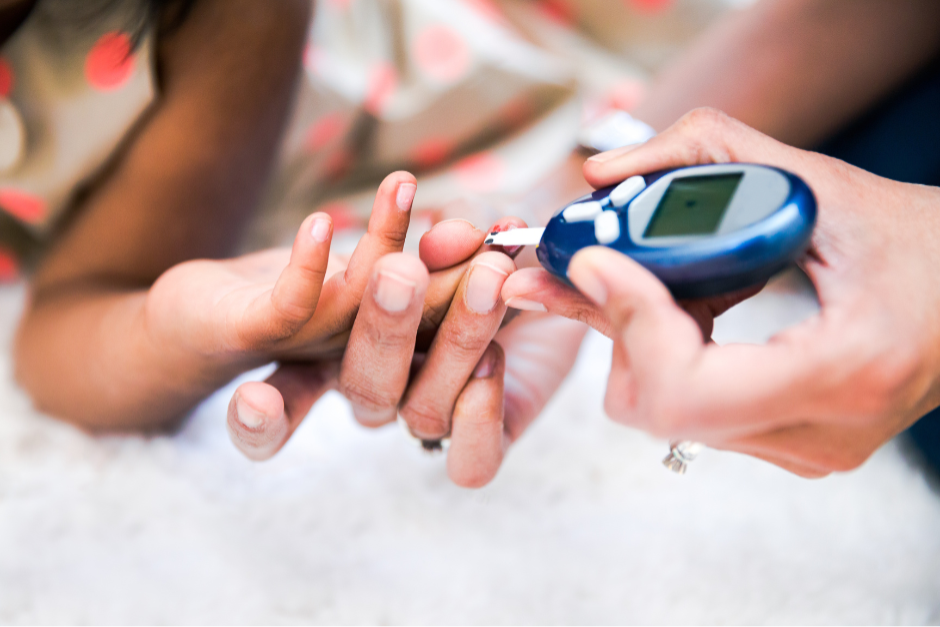

Diabetes is a complex and challenging disease that requires daily self-management decisions. You may be working with your provider to achieve your diabetes care goals, but diabetes self-management education and support (DSMES), also known as Diabetes Self-Management Training (DSMT), might be the additional support you need in managing your diabetes.
self-management education and support (DSMES), also known as Diabetes Self-Management Training (DSMT), might be the additional support you need in managing your diabetes.
DSMES is covered by Medicare Part B and most private health insurance plans and gives you the knowledge, skills, and support to manage your diabetes. It provides you with the foundation to help you navigate your daily self-care with confidence.
At Iowa Specialty Hospitals & Clinics, a certified diabetes care and education specialist will work with you to design a management plan tailored to your lifestyle, culture, and beliefs. Best of all, they can help you throughout your entire learning process from figuring out how to test your blood sugar to helping you cope with the emotional demands of managing a 24/7 disease. Our program has been accredited by the American Diabetes Association.
Diabetes education is built on seven self-care behaviors. Learning about each of these behaviors can help you reach your health goals, and in turn, increase your quality of life. Together with your diabetes education specialist, you’ll work through problems and determine possible solutions.
Healthy Eating
Having diabetes doesn’t mean you have to give up your favorite foods or stop eating in restaurants. There is nothing you can’t eat, but it’s important to know how different foods affect your blood sugar. With the help of your diabetes educator, you can create a diabetic diet plan or diabetic meal plan that works best for you.
Being Active
Being active has many health benefits that impact your diabetes management like lowering cholesterol, improving blood pressure, lowering stress and anxiety, and improving your mood.
Monitoring
Regularly checking your blood glucose levels and other key health factors, like blood pressure and kidney and foot health, gives you vital information to help you make decisions about your diabetes. Being able to identify low blood sugar and high blood sugar symptoms will help you maintain normal blood sugar levels as much as possible.
Taking Medication
Insulin, pills that lower your blood sugar, blood pressure medication, cholesterol-lowering medication, and several other medications may work together to lower your blood sugar levels, reduce your risk of complications, and help you feel better.
Problem Solving
Everyone encounters problems with their diabetes management and supplies; you can’t plan for every situation you may face. However, there are some problem-solving skills that can help you prepare for the unexpected and make a plan for dealing with similar problems in the future.
Healthy Coping
It is natural to have mixed feelings about your diabetes management and experience highs and lows. The important thing is to recognize these emotions as normal and take steps to reduce the negative impact they can have on your self-care.
Reducing Risks
By understanding the risks, you can take steps to lower your chance of diabetes-related complications.
Studies show that DSMES helps you lower your blood sugar, blood pressure, and cholesterol levels. Managing your diabetes allows you to stay healthier and reduce the risk of diabetes complications. A 1% decrease in A1c levels has been found to be associated with risk reductions of:
Help When You Need It Most
It’s never a bad time to book an appointment with a diabetes education specialist, but there are a few times in your life when seeing one is extra important.
To learn more about our dedicated team, please visit our Diabetes Education Providers page.
Your first appointment with our diabetes education specialist will require a referral from your primary healthcare provider. To schedule an appointment, talk with your provider or call 641-444-5709.